11 years since assassination of Zoran Đinđić
Eleven years ago the first democratically elected prime minister of Serbia and leader of the DS party Zoran Đinđić was assassinated.
Wednesday, 12.03.2014.
10:13

11 years since assassination of Zoran Đinđić
During the day the Democratic Party (DS), as well as the LDP, and members of Đinđić's government and representatives of the outgoing government of Serbia will also take part in various events. It is expected that the same will be done by the New Democratic Party led by Boris Tadić.Zoran Đinđić was assassinated on March 12, 2003. at about 12:25 CET, in front of the government building. A few hours after that, the government declared a state of emergency.
Members of a crime gang known as the Zemun Clan were immediately suspected as perpetrators. One reason was that a warrant was planned to be signed that day for the arrest of a number of its members - something the government revealed later.
During the state of emergency, which lasted until April 22, as part of police operation Sablja ("Saber") 11,665 people were detained, among whom party officials, senior military officers, judges, prosecutors and pop stars, and some of them spent some time in custody.
The main suspect for organizing the assassination was former commander of the later disbanded Special Operations Unit (JSO) Milorad Ulemek, and members of the Zemun Clan Dušan Spasojević aka Šiptar, and Mile Luković aka Kum. Spasojević and Luković were shot and killed on March 27 as the police attempted to arrest them.
During Operation Saber, the immediate perpetrator of the murder Zvezdan Jovanović was also arrested, as well as several other members of the disbanded Special Operations Unit, and numerous members of the Zemun Clan. These arrests have also helped to clarify a number of murders that occurred earlier.
On May 23, 2007, the accused were found guilty and sentenced to a total of 378 years in prison.
The verdict, inter alia, stated that the murder of Zoran Đinđić was a political assassination directed against the state, in which participated the criminalized part of the JSO and the gang led by Dušan Spasojević. The political background of the assassination has not yet been discovered.
The late prime minister was one of the leaders of the Democratic Opposition of Serbia (DOS), which on October 5, 2000 overthrew Slobodan Milošević. DOS previously defeated Milošević in federal and republic-level elections. However, the victory had to be won in the streets.
He was one of the founders of the Democratic Party and President of its Executive Board. He became the party leader in January in 1994 and remained in that role until his death.
In January 1997 he was elected mayor of Belgrade. At the request of the SPO, a former coalition partner of the DS, he was dismissed from this post seven months later. Đinđić was the first non-communist mayor of the capital since 1945.
The government he led was formed on January 25, 2001. When he took over the post, he said he and the new ministers would establish a democratic foundation in Serbia and that the new government wants to make a "democratic civilization" out of Serbia.
Đinđić's government began sweeping reforms, social and economic.
After years of instability and "tense" and bad relations, good relations were established with Western countries, especially the United States. Đinđić's government advocated in favor of cooperation with the Hague Tribunal, and during its mandate arrested and extradited several suspects, including Slobodan Milošević.
Zoran Đinđić was born on August 1, 1952, in Bosanski Šamac, Bosnia-Herzegovina.
He studied at the Faculty of Philosophy in Belgrade and was quickly noted among young dissidents.
Đinđić earned his PhD in 1979 at the University of Konstanz, Germany. His mentor was one of the most prominent philosophers of the late 20th century Jurgen Habermas.
In 2000 he won the prestigious German prize Bambi for politics, and in 2002 he received the award of the Polak Foundation in a ceremony in Prague, for his contribution to the development of democracy in Serbia.
He is the author of many scientific papers in the field of philosophy and political theory and translator of several philosophical works.
Đinđić was buried on March 15, 2003, in the Alley Of Deserving Citizens at the New Cemetery in Belgrade. The funeral procession that walked the streets of Belgrade included many hundreds of thousands of citizens. Among them were 70 foreign government delegations.










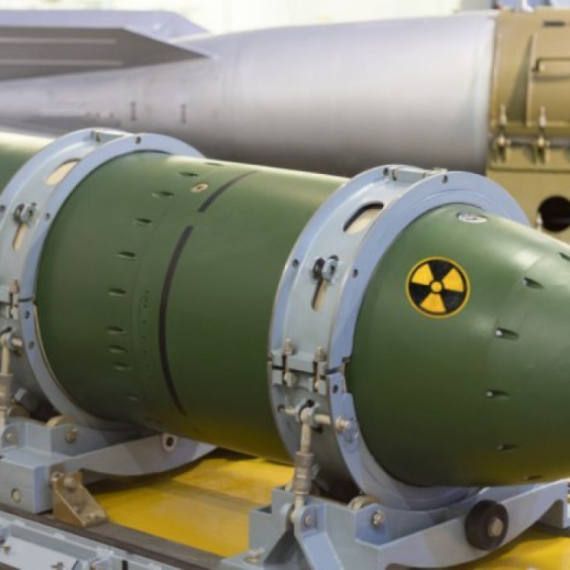


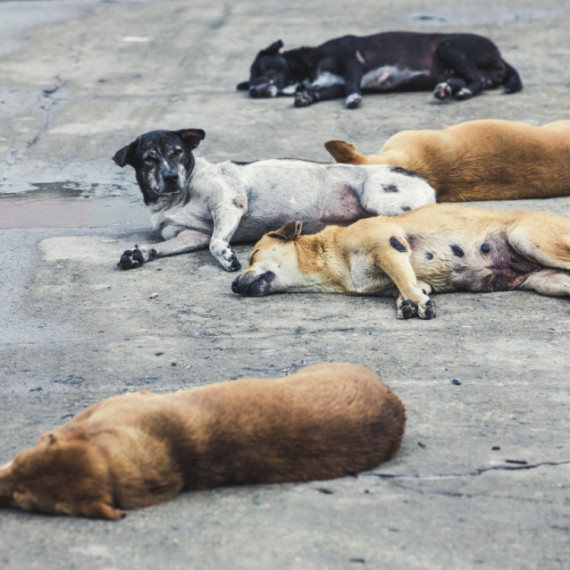
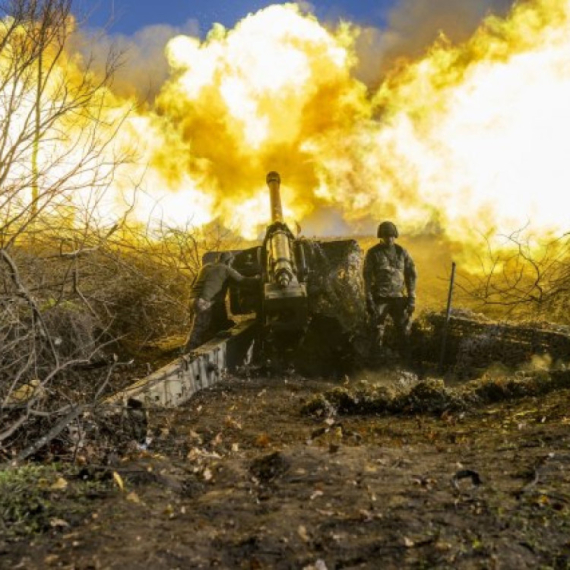
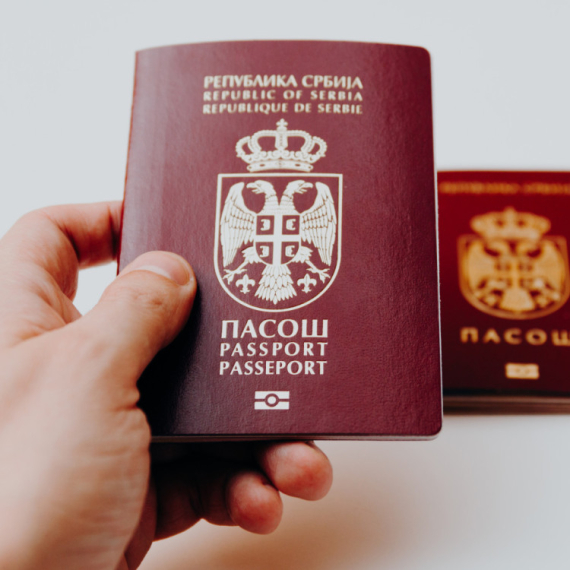

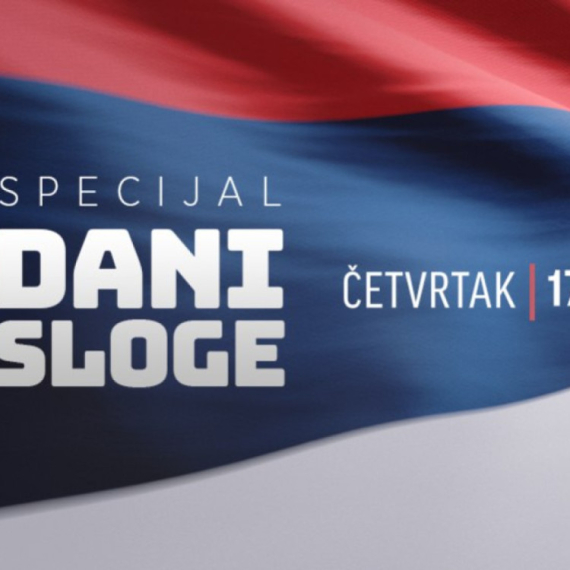
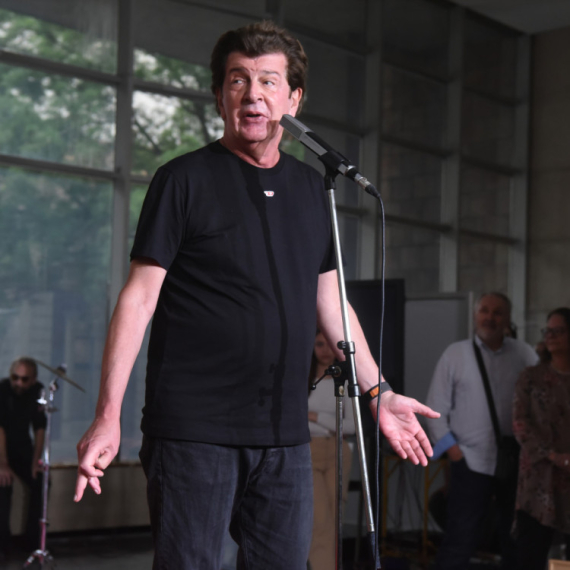



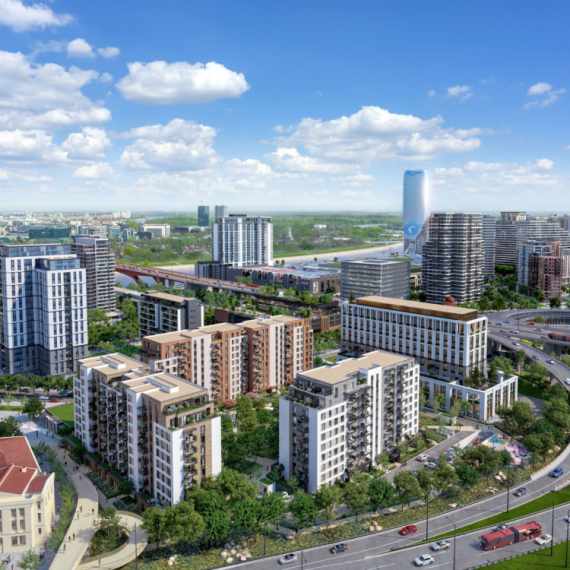
















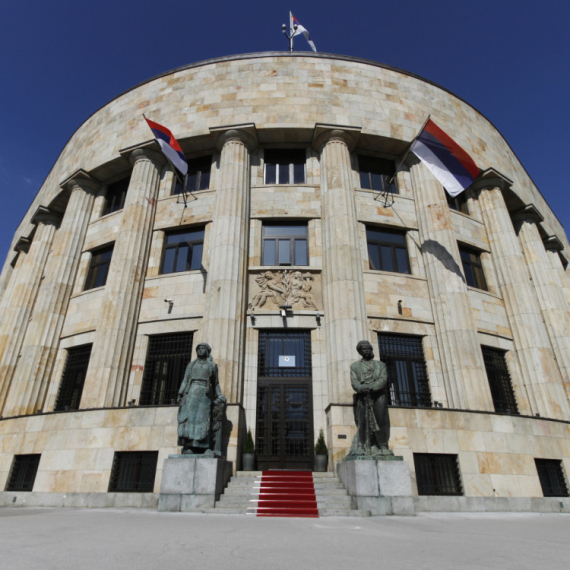














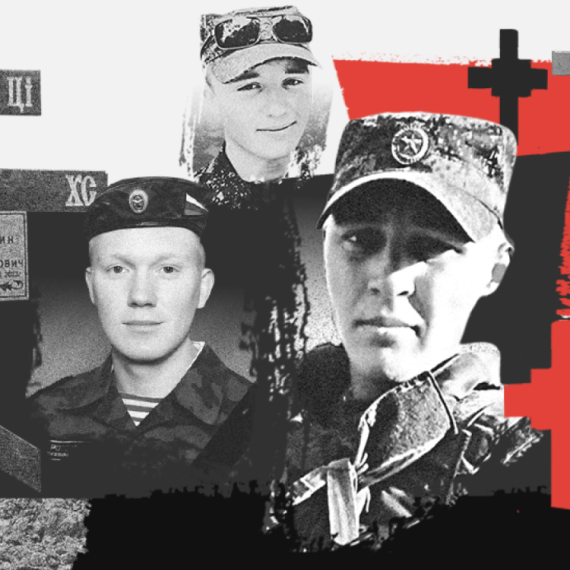

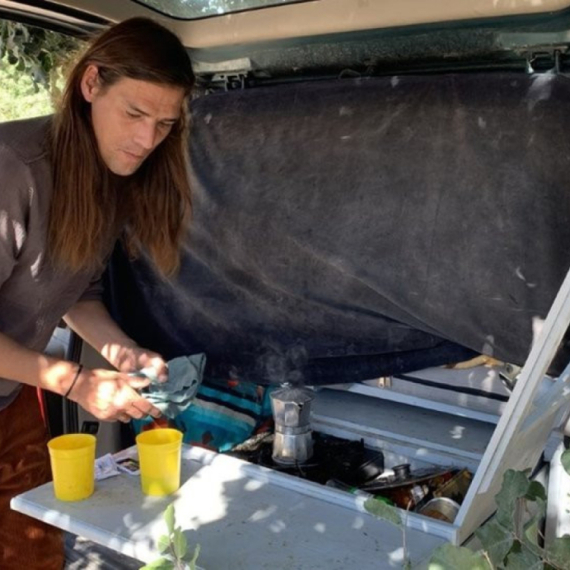
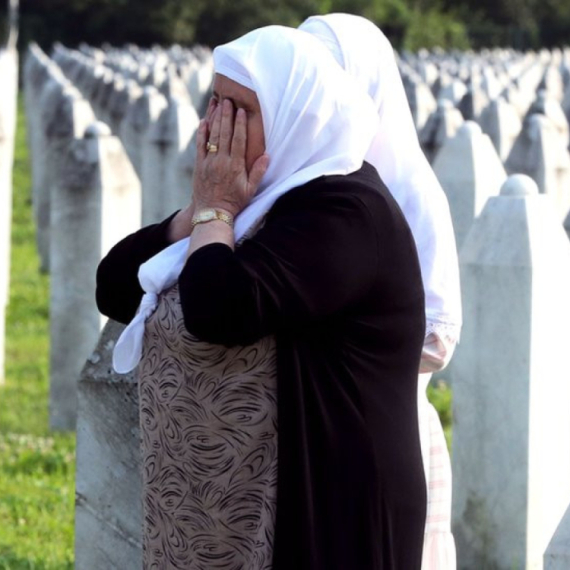

Komentari 9
Pogledaj komentare